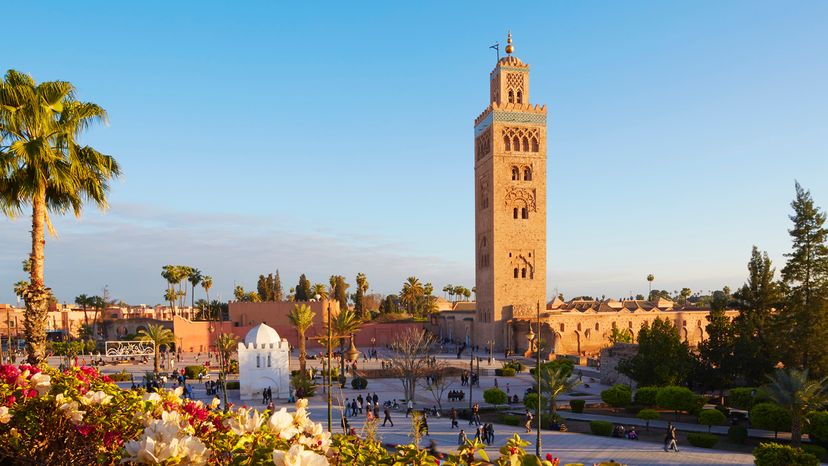Muslim-majority and Christian-majority countries often exhibit differences in cultural norms, laws and everyday practices, reflecting their religious foundations.
Nonsecular Societies
In countries where the Islamic faith is more widespread, practices such as daily prayers, fasting during Ramadan and adherence to Islamic dietary laws like the prohibition of pork are commonplace. Religious principles play a starring role in daily routines, shaping everything from food consumption to family life.
Modesty in dress and behavior is emphasized, particularly for women, with some countries enforcing strict dress codes, such as the wearing of the hijab or other forms of Islamic clothing.
Secular Societies
In contrast, Christian-majority nations often have more secular legal frameworks, with religious practices like church attendance being important but generally less integrated into government or legal structures.
For example, in Christian-dominant nations, the separation of church and state tends to be more pronounced, whereas in many Muslim-majority countries, Islamic law (Sharia) plays a central role in governance and legal matters.
While both Muslim and Christian-dominated societies prioritize community and faith, the ways in which these are manifested can differ significantly, reflecting the unique religious traditions of each region.
We created this article in conjunction with AI technology, then made sure it was fact-checked and edited by a HowStuffWorks editor.
